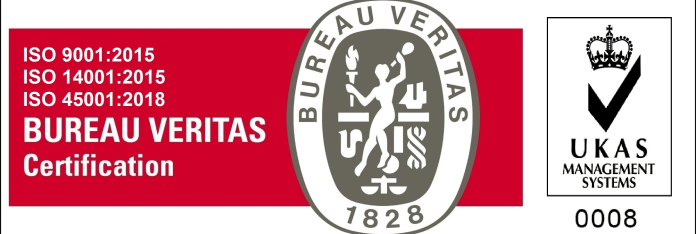Every time a road is built particularly in a rural mountainous region, it causes irreparable damage to the environment. The expensive quarry-based materials that are required to construct roads are dug out of the earth each time a road needs to be constructed. Not only is this method expensive, but it is also unsustainable. While the sand, gravel and aggregate required to construct roadways and expressways can only be produced in quarries and are now increasingly becoming in short supply, the method of using aggregate in road construction itself is an out-dated one that is being replaced by more efficient and effective technologies, such as StabilRoad.
With StabilRoad, it’s the opposite that’s true. Not only is the final product of a higher quality than a road made of conventional materials, but it is also more durable and overall, more cost-effective. Builders have every reason to prefer StabilRoad over conventional building materials. StabilRoad proves that environmental concerns cannot be distinguished from economic ones, and if you choose the right product, you can indeed have a win-win situation.
Did you know that we are blasting our mountains in order to source raw material to build more roads? Every time we undertake a conventional road development or a road widening project, particularly in hilly or mountainous areas, we are destroying valuable natural resources such as hills and mountains in order to build roads and procure aggregate. However, StabilRoad offers a viable, eco-friendly and cost-effective alternative. Roads built with StabilRoad can do away with the unnecessary exploitation of limited natural resources because of the advanced technology they employ.
StabilRoad also saves costs that might have otherwise accrued during conventional road construction, such as transportation costs and labour costs. For instance, while conventionally, one might take twenty-one days to construct a one Km Road, a road constructed with StabilRoad would take only three days to construct. Furthermore, a road built with StabilRoad can be put to use within just hours of being constructed.
The government has been on a road development spree since 2010-11, with the Union ministry expressing its intent to increase the number of roads and expressways in India by 90%, particularly in rural India. In hilly areas like Uttarakhand, the total road density per 1000 sq. km of population as on 31 st March 2018 was 4, 785.5 for rural roads. This offers some insight into the extent to which mountains are being unnecessarily destroyed for the sake of road development in hilly rural areas in India. In India’s Northeast, the total road density in a state like Assam was 3, 43, 609 sq. km as on 31 st December 2018. While an increased road density implies an improvement in the public transport system in the country, such results are often due to government schemes such as PMGSY and other initiatives formulated for the development of rural roads by the Centre and states. Thus, the road density per 1000 population in 2017-18 has increased since 2010-11. According to statistics, the government has spent nearly INR 1,20,000 Cr in 2017-18 on constructing new roadways and highways, which is a hike from 2012-13, when it spent INR Rs 40,000 Cr. There has also been a visible increase in the construction of national highways, from 4000 in 2014-15 to 8000 in 2017-18. Most of these were constructed in the conventional method, involving immense loss of natural resources, all of which was completely avoidable.
StabilRoad is also unique because it recycles existing debris and incorporates them into the existing road structure, thus mitigating the need for quarry materials. The surface created is strong, elastic and frost-proof; one that can withstand climatic changes and various temperatures. What is noteworthy about the StabilRoad technology is that while conventional road building techniques may utilize 1300 tons of quarry materials per km of road construction, a road built with StabilRoad utilizes only 9 tons of quarry materials per km of road construction.
Mountains do not need to be demolished in order to build more roads. StabilRoad is the intelligent alternative. With a technological finesse that not only helps build high-quality, sustainable roads but also helps cut costs in their construction, StabilRoad helps build highly durable and resistant roads that not only use minimal manpower and quarry materials but are also patently innovative, high quality, eco-friendly and economical. A completely sustainable, eco-friendly and cost-effective solution, roads built with StabilRoad are also maintenance free, requiring little or no maintenance over the years.
Since 1950-51, the rural roads share of the total road network and it’s percent share to total road length has also been increasing consistently; and was 70.9% by 2017-18. According to a December 2021 statement, India had an important network of over 6, 215, 797 km of roads.
With this advanced German technology, StabilRoad is a step towards an environmentally sustainable Future. A technology that accelerates the construction process and minimises the use of unnecessary manpower and materials, StabilRoad also saves costs pertaining to labour. Overall, it reduces the cost of work and makes the construction effort more profitable. And, at all times, it saves mountains from demolition.

